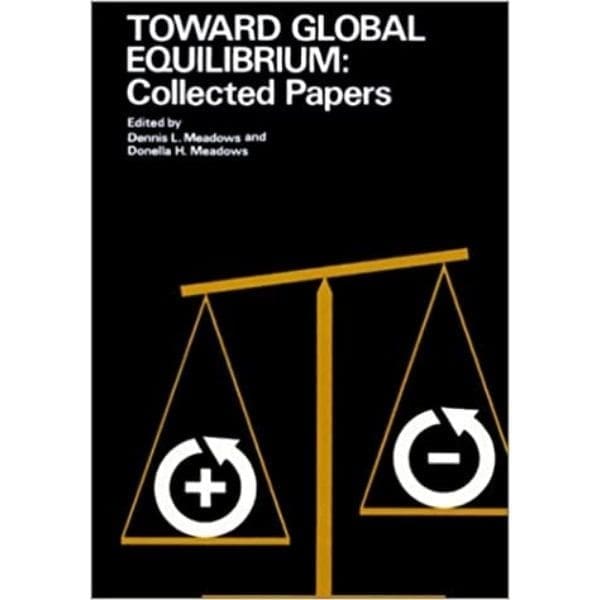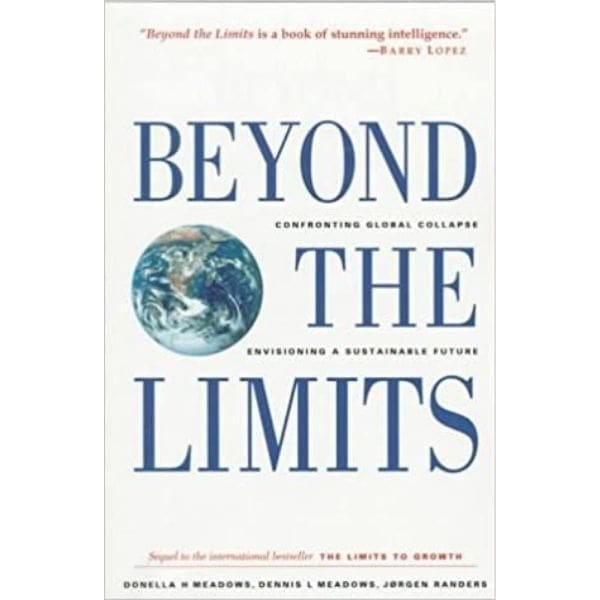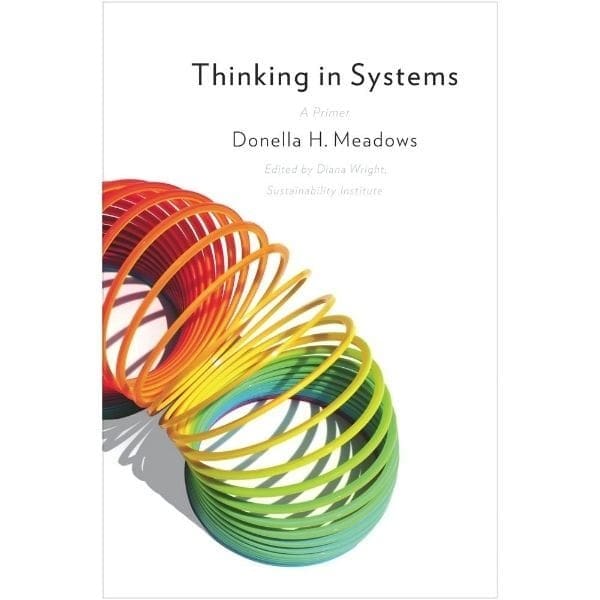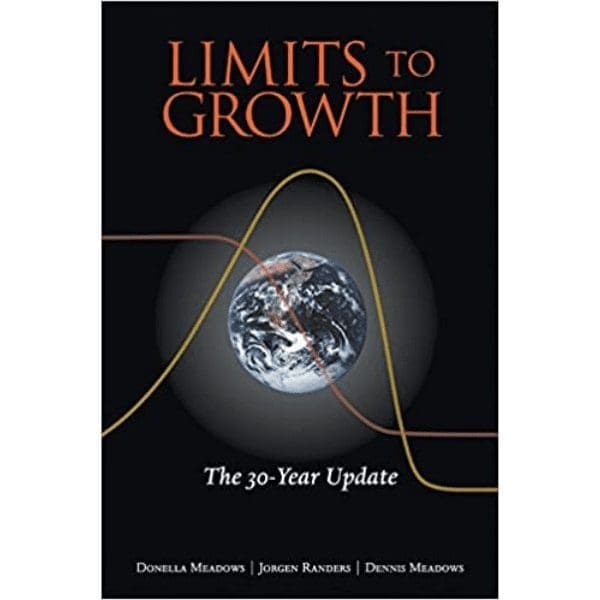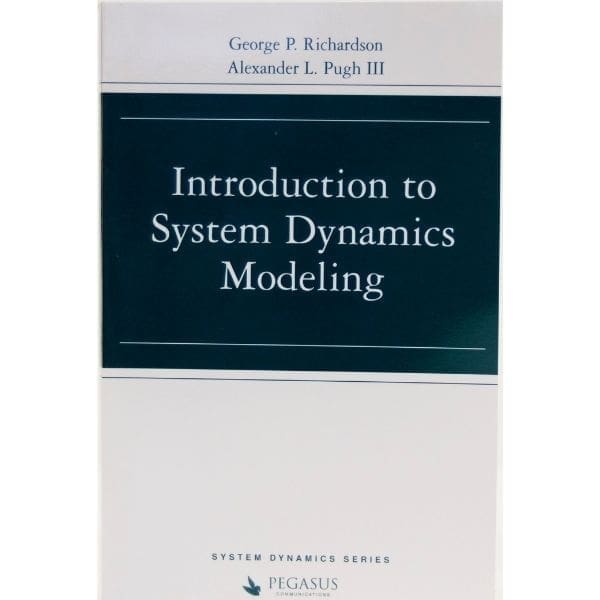$54.33
Editors: Donella Meadows and Dennis Meadows
As global population and material standard of living continue to grow, it becomes necessary to understand the consequences of growth within the context of our finite world. It is now being increasingly accepted that growth cannot continue unchecked, and must in time give way to equilibrium.
Description
Editors: Donella Meadows and Dennis Meadows. Published in 1973.As global population and material standard of living continue to grow, it becomes necessary to understand the consequences of growth within the context of our finite world. It is now being increasingly accepted that growth cannot continue unchecked, and must in time give way to equilibrium. What are the factors which necessitate such a transition, and how can we systematically analyze and cope with the problems arising from growth? Toward Global Equilibrium collects in one volume 13 papers which identify and deal with specific issues connected with growth. Two introductory papers in the first section provide background material on System Dynamics and the MIT-Club of Rome Project under which this research was undertaken. Reports in the second section of the book describe seven complete System Dynamic models for analyzing such important global problems as DDT and mercury pollution, natural resource depletion, solid waste disposal, etc. Complete description and model equations are included to enable the reader to reproduce and extend the simulation results reported in the text. Four papers in the third section examine the economic, political, and ethical implications of growth and the transition to equilibrium. These papers were originally disseminated as individual statements. A brief summary of the circumstances leading to its preparation precedes each paper. These papers also identify critical areas of future research in the fields of population, environment, resources, and social ethics.
The System Dynamics Society will receive affiliate compensation if you purchase this book using the link to Amazon.

